|
The Reading of M. Robert Brook (1641)
Following a long–standing tradition of delivering lectures on statutes, "reading," at the Inns of Court, Robert Brooke (d. 1558) presented this reading on Chapter 17 of the Magna Carta in 1551 (the title page erroneously lists Chap. 16). He broadly discussed criminal law, but the printed version provides little of the analysis or historical background one might expect from a chief justice of the Court of Common Pleas. The lack of depth in Brooke's discussion may stem from the 80 year gap between lecture and publication.
|
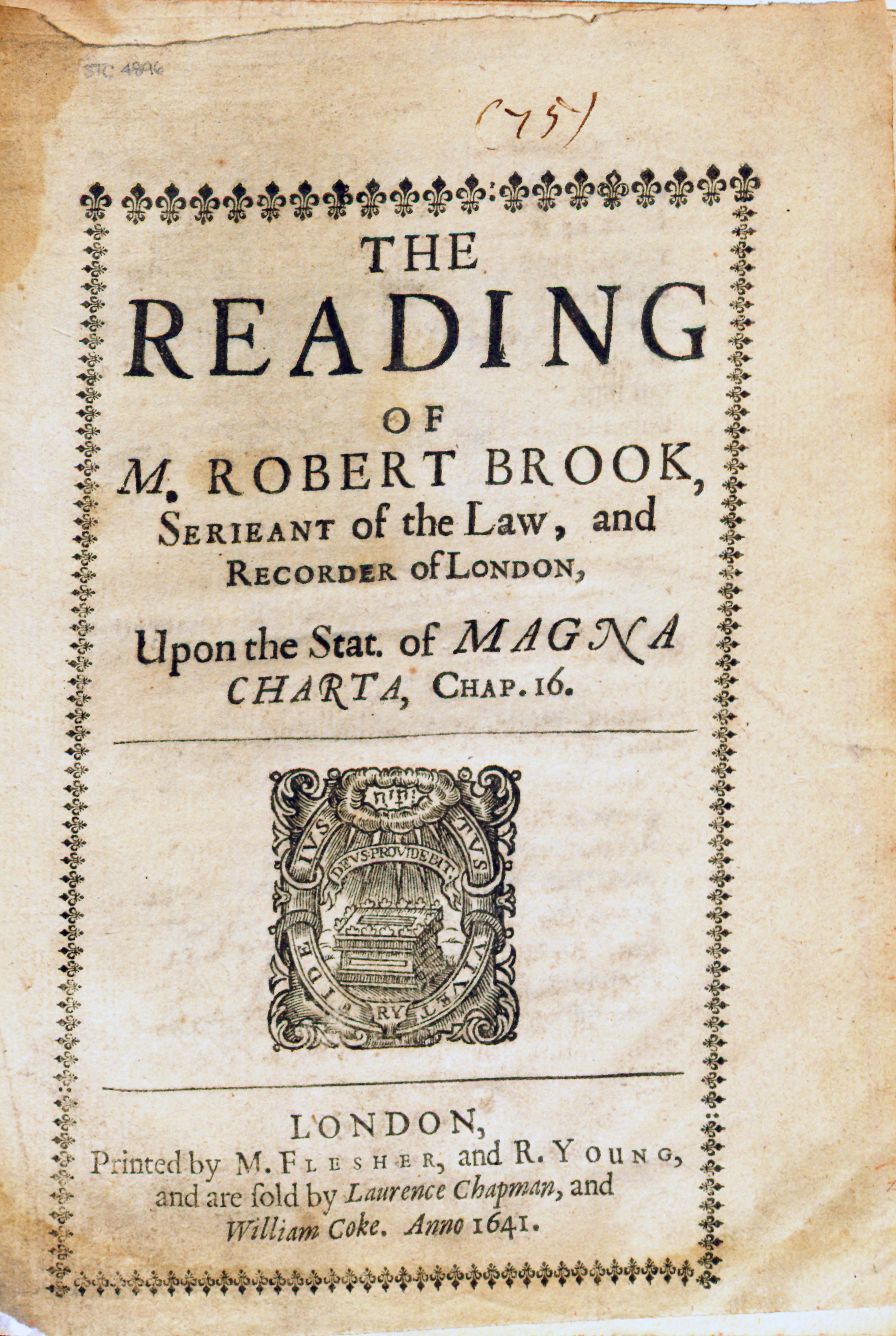
|
Brooke, Robert. The Reading of M. Robert Brook, Serjeant of the Law, and Recorder of London, Upon the Stat. of Magna Charta, Chap. 16. London: Printed by M. Flesher and R. Young, 1641.
|
|
|
The Third Part of the Institutes of the Laws of England (1648)
Having treated with "common pleas" in the first two parts of his Institutes, Sir Edward Coke (1552–1634) turned to criminal law in the third. His background as attorney-general and judge provided ample insight into contemporary developments in the areas of treason, penal statutes, monopolies and bankruptcies. In the Third Institute, Coke focuses more of his attention on high crimes such as treason and heresy and provides less commentary on the crimes of murder, rape, theft, etc. This copy is bound with Coke's Fourth Institute in which he describes the jurisdiction of the courts.
|
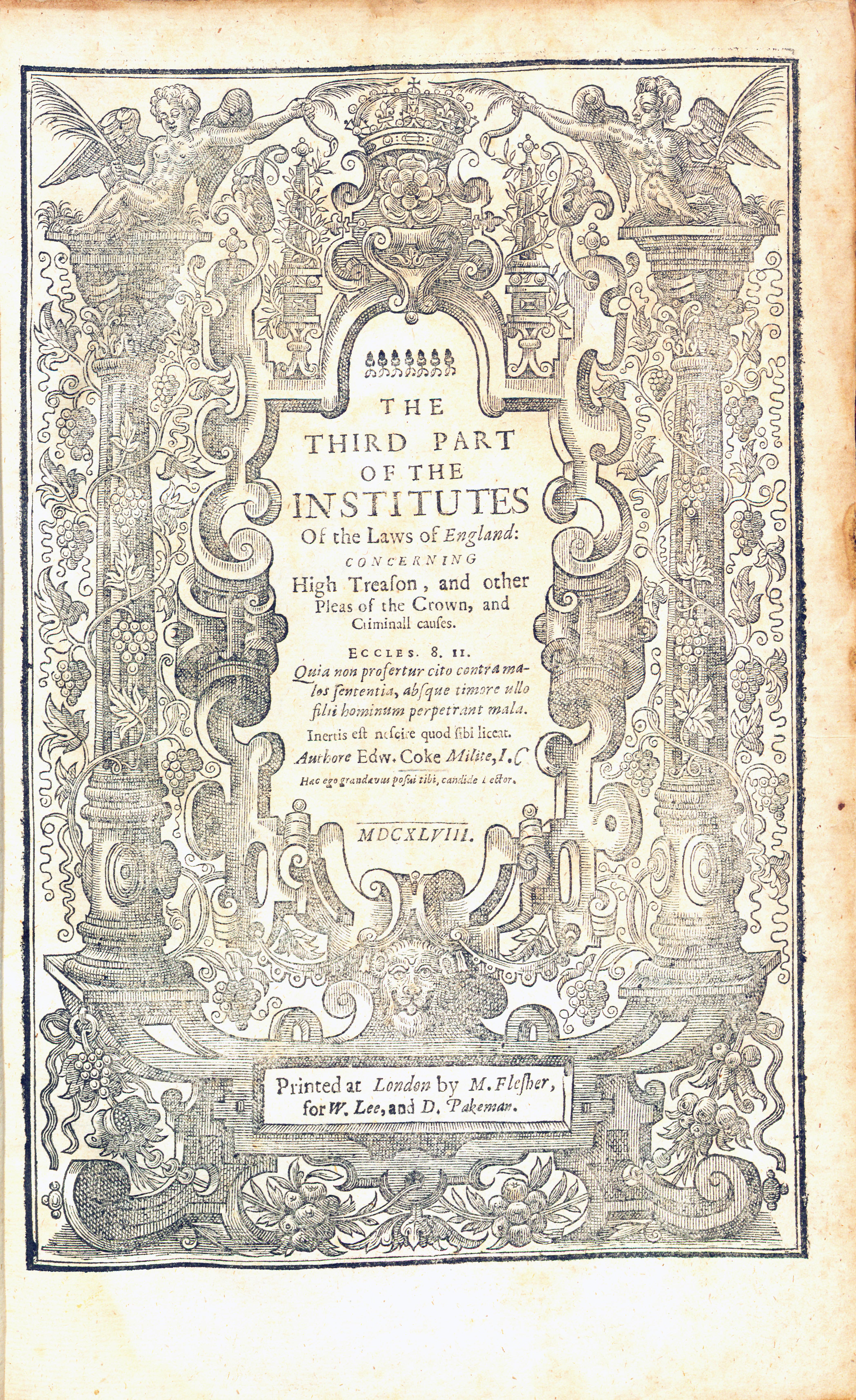
|
Coke, Sir Edward. The Third Part of the Institutes of the Laws of England: Concerning High Treason, and other Pleas of the Crown, and Criminall Causes. [bound with] The Fourth Part of the Institutes of the Laws of England: Concerning the Jurisdiction of the Courts. 2nd ed. London: Printed by M. Flesher, for W. Lee, and D. Pakeman, 1648.
|
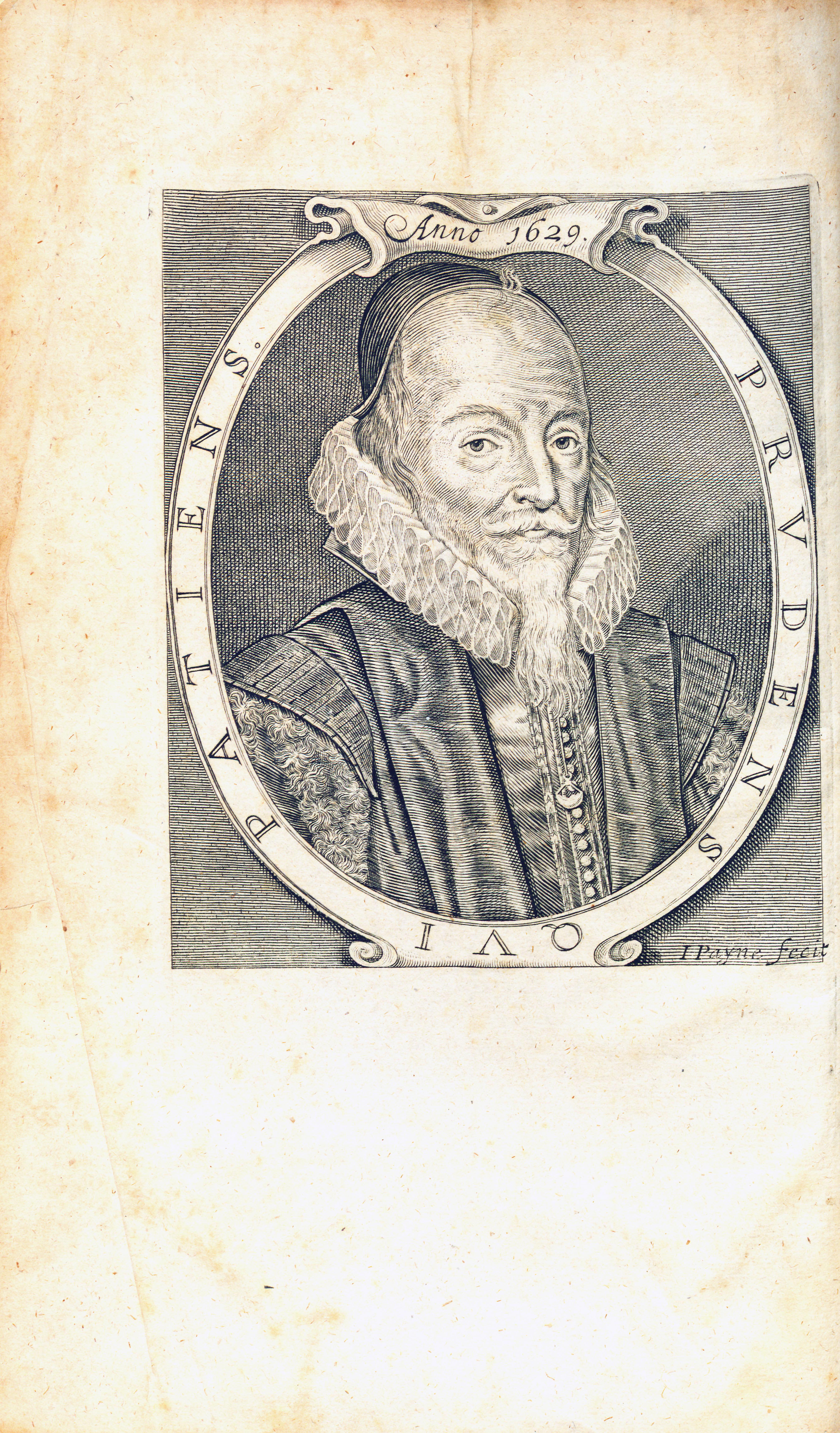
|
Frontispiece, Sir Edward Coke, The Third Part of the Institutes of the Laws of England, 1648.
|
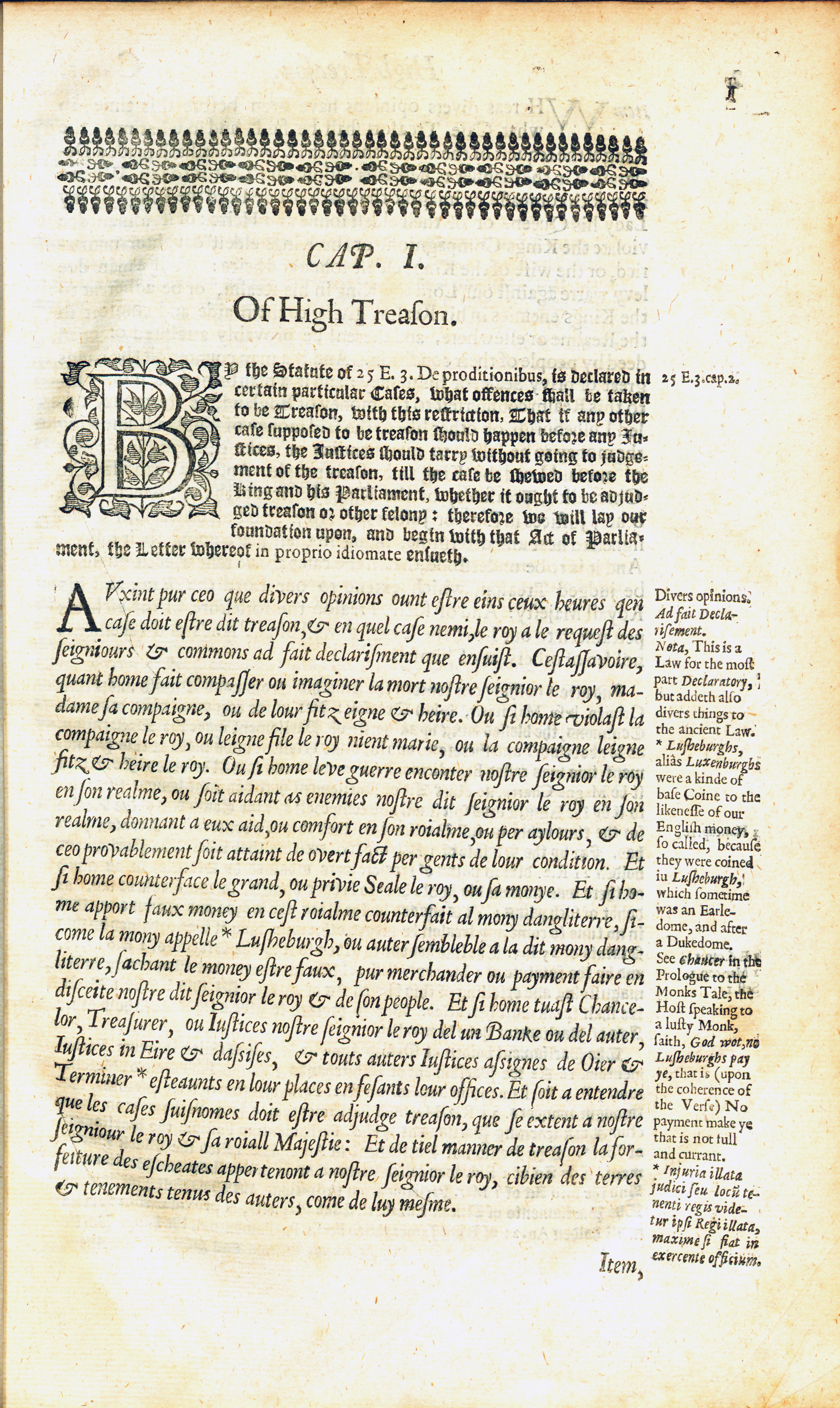
|
First page of Sir Edweard Coke's The Third Part of the Institutes of the Laws of England, 1648.
|
|
|
The Lay-mans Lawyer (1656)
Originally published in 1654, this revised and expanded version appeared two years later. Thomas Forster presents a basic overview of criminal law beginning with "forms of process, indictments and proceedings to judgment." The latter part of the book discusses pardons and "remissions of punishments" as well as the roles of the various officers of the law. This copy is marked with notes and signatures particularly on the front end leaves.
|
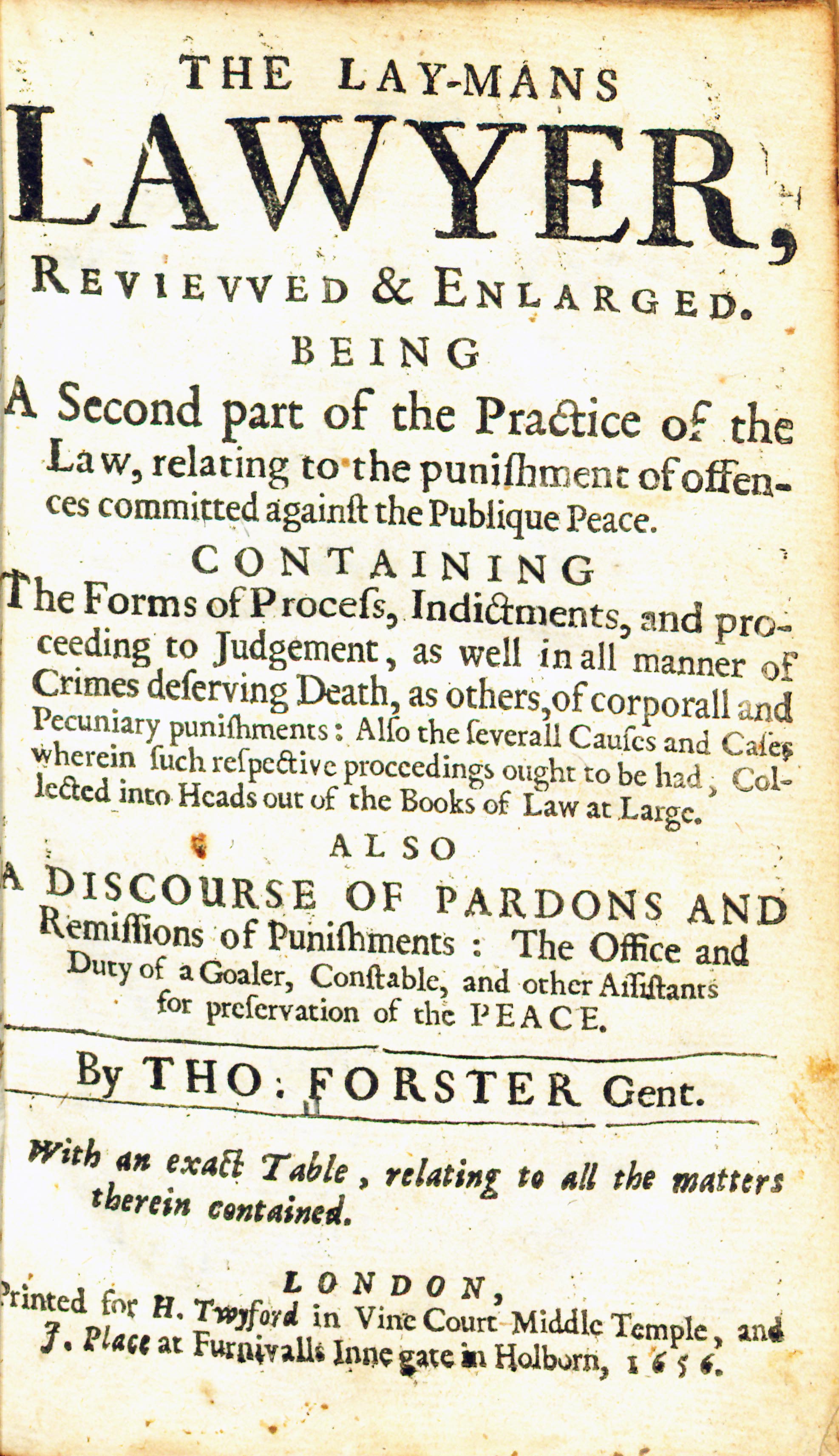
|
Forster, Thomas. The Lay-mans Lawyer, Reviewed & Enlarged, being a Second Part of the Practice of the Law, Relating to the Punishment of Offences Committed Against the Publique Peace. London: Printed for H. Twyford and J. Price, 1656.
|
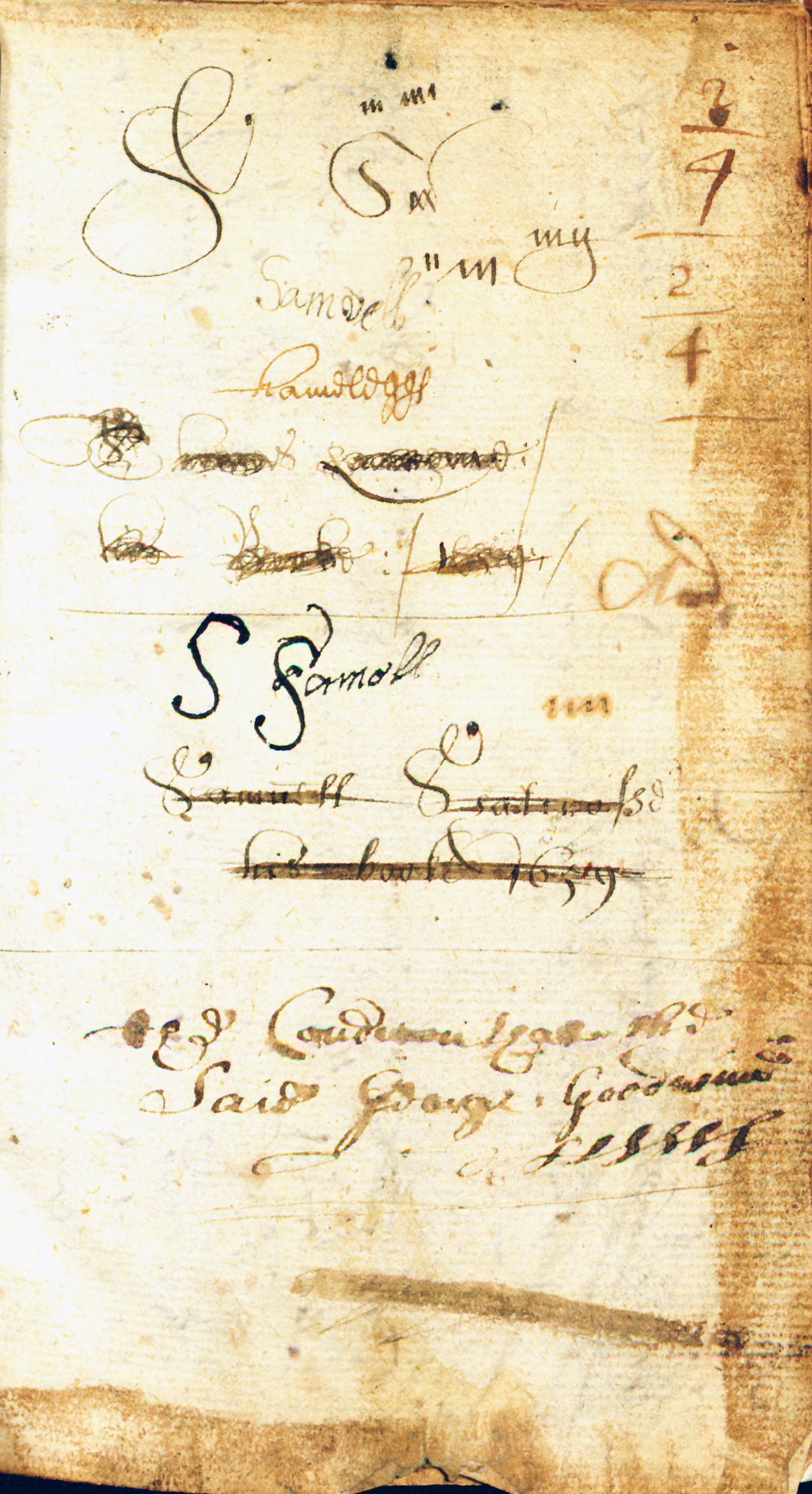
|
Recto, first front free endpaper, Thomas Forster, The Lay-mans Lawyer, 1656.
|
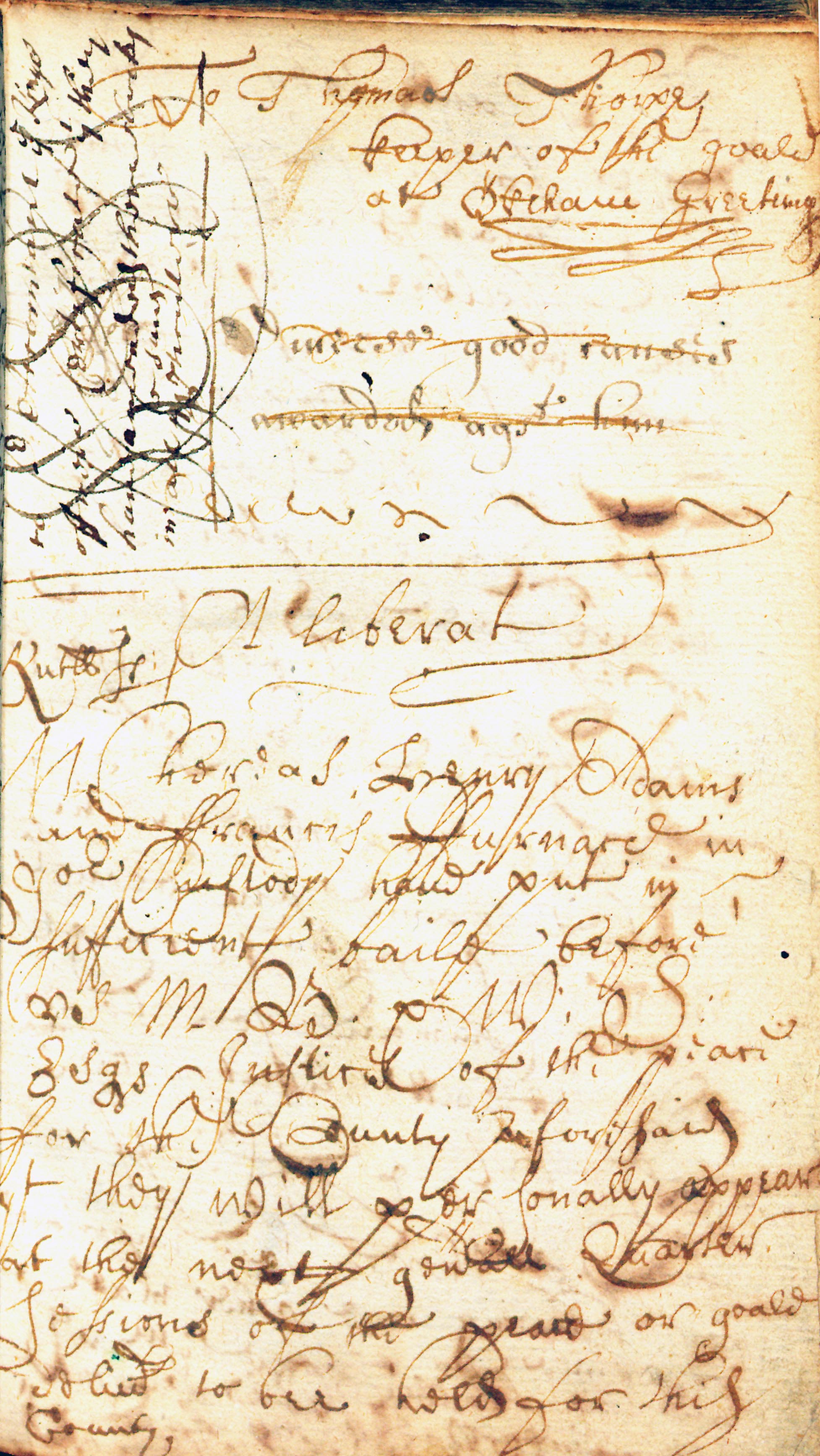
|
Recto, second front free endpaper, Thomas Forster, The Lay-mans Lawyer, 1656.
|
|
|
The Security of English-men's Lives (1681)
Written early in the career of John Somers (1651–1716), this small treatise defends the use of grand juries as fundamental to the rights of Englishmen. In doing so, it stresses the preeminence of the common law over the authority of the crown. Somers, later Lord Chancellor under William and Mary and Anne, would be instrumental in creating the English Bill of Rights (1689).
|
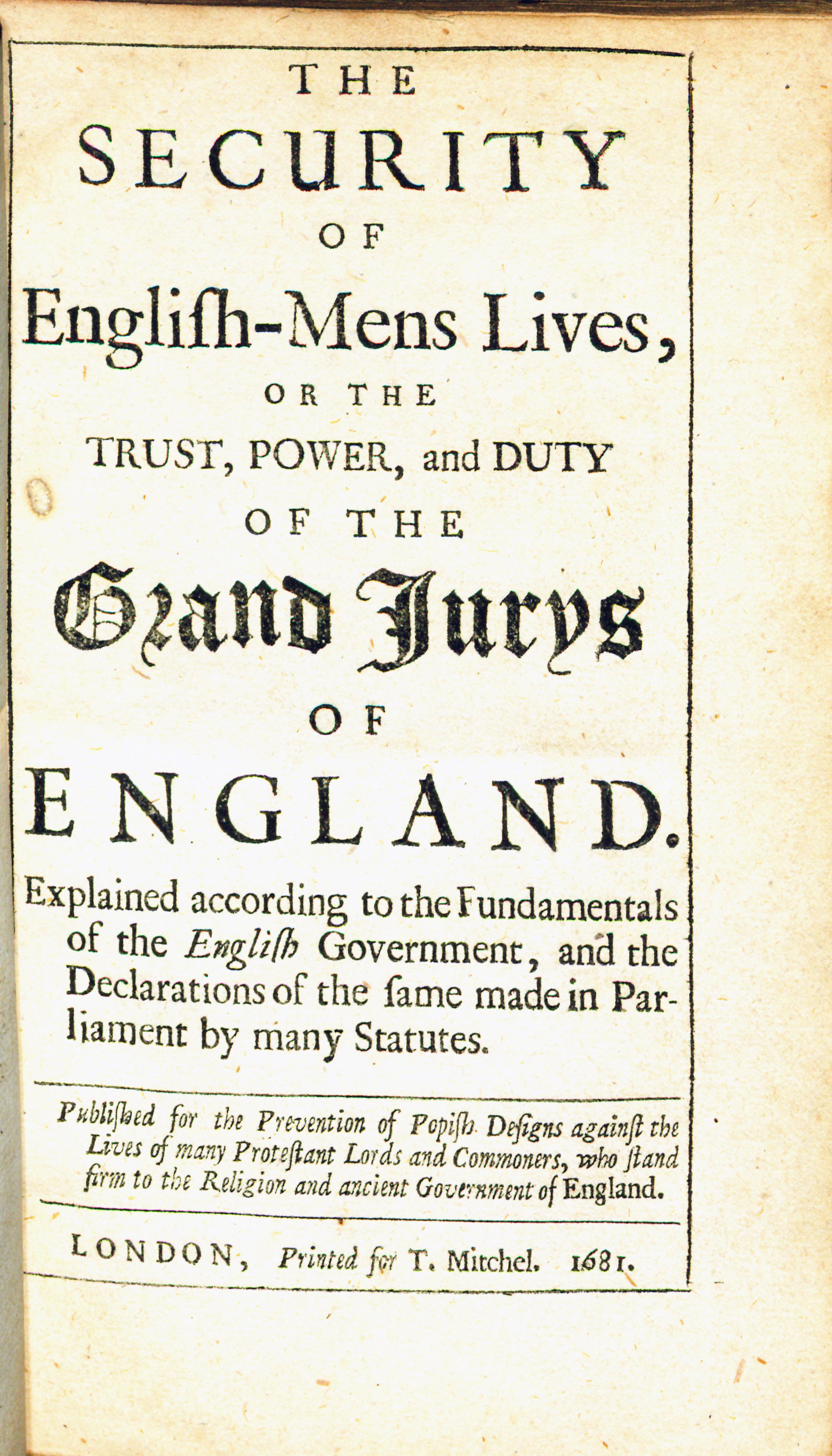
|
Somers, John. The Security of English-men's Lives, or the Trust, Power, and Duty of the Grand Jurys of England Explained According to the Fundamentals of the English Government, and the declarations of the Same Made in Parliament by Many Statutes. 1st ed. London: Printed by T. Mitchel, 1681.
|
|
|
Les Plees del Coron (1583)
Les Plees del Coron, a treatise based largely on Bracton and the Year Books, presents the first cohesive overview of English criminal law. While lacking somewhat in clarity and style, it enjoyed an impressive reputation. William Staunford (1509–1558) included appropriate legal authority for each premise, a first in a textbook, and profoundly shaped subsequent works. This copy is bound with An Exposition of the King's Prerogative, in which Staunford systematically examines and explains the Statute de Prerogativa.
|
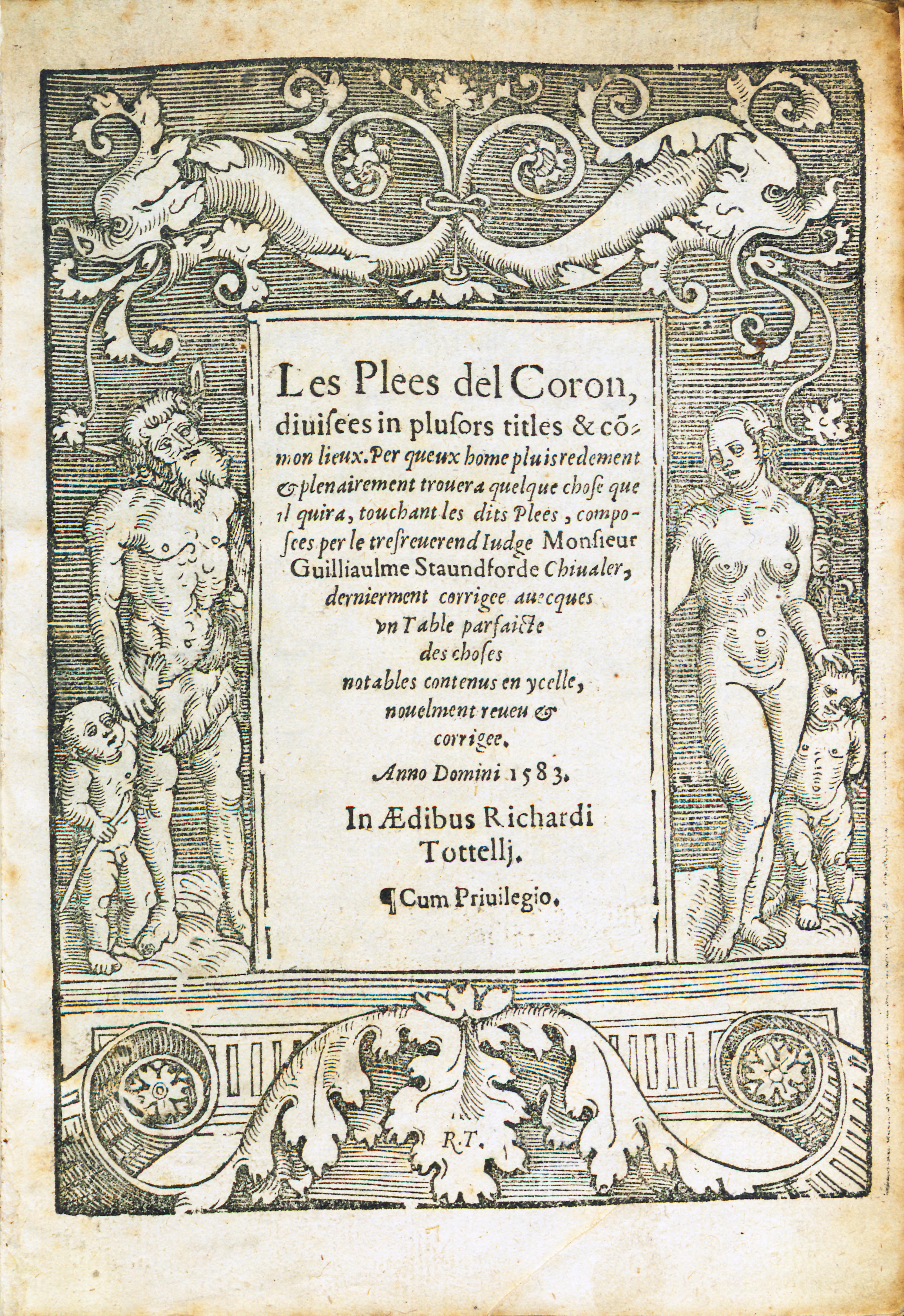
|
Staunford, William. Les Plees del Coron, Divisees in Plusors Titles and Common Lieux [bound with] An Exposition of the Kings Prerogative Collected out of the Great Abridgement of Iustice Fitzherbert, and Other Old Writers of the Lawes of England. London: In AEdibus Richardi Totteli, 1583.
|
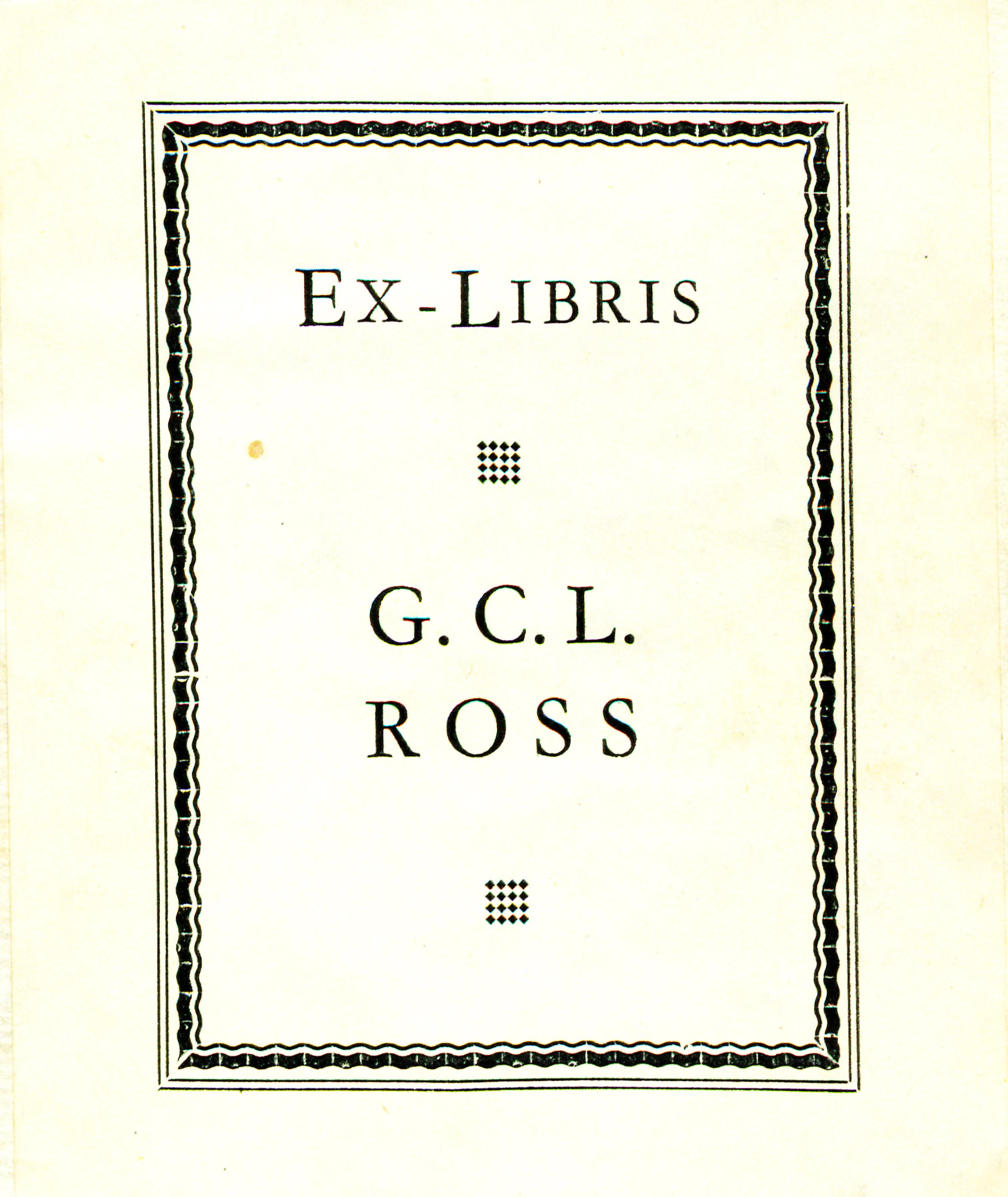
|
Bookplate of G.C.L. Ross, in William Staunford's Les Plees del Coron, 1583.
|
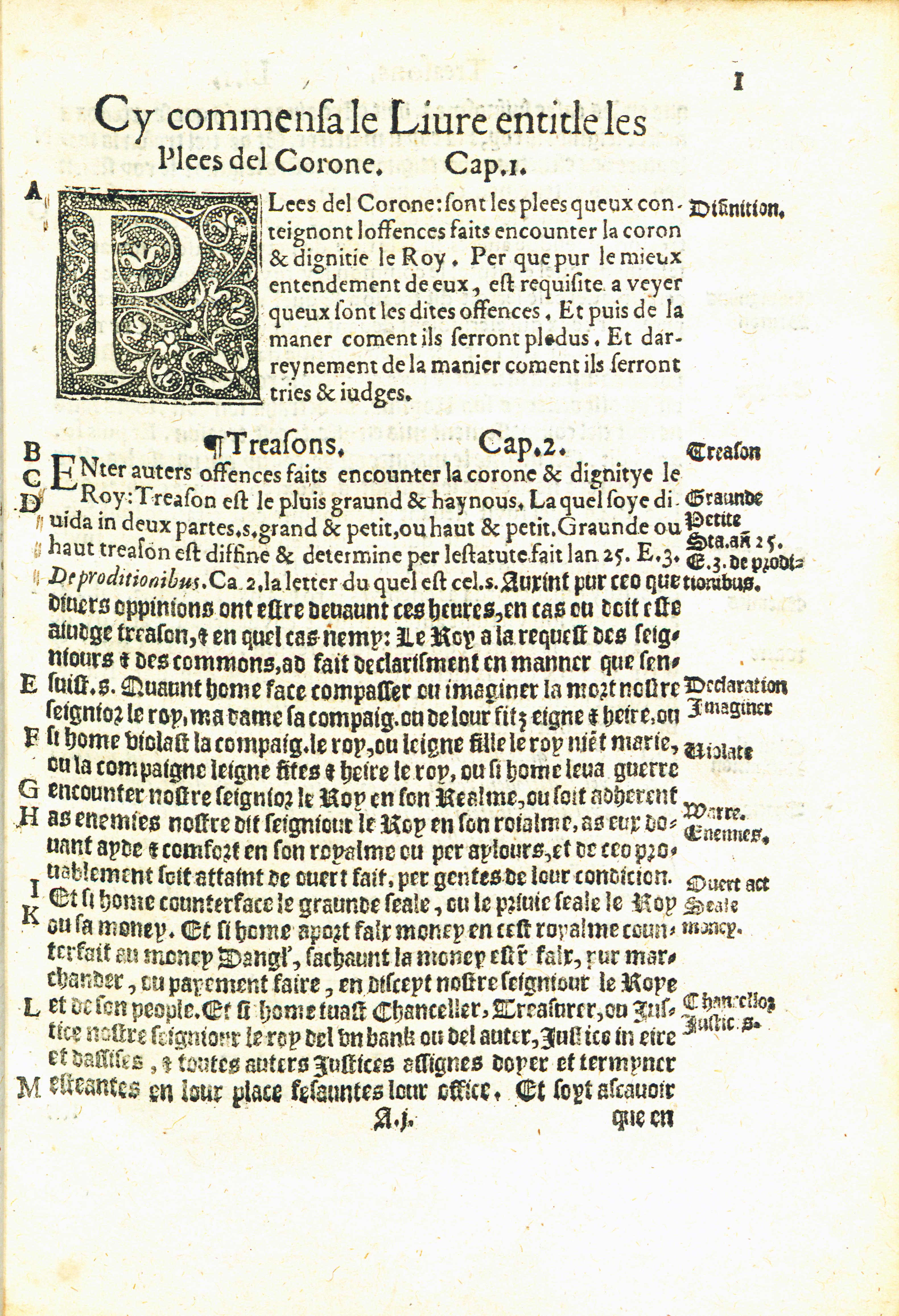
|
Page one of William Staunford's Les Plees del Coron, 1583.
|